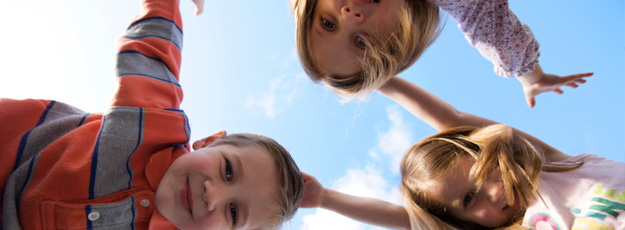Autism is a developmental disorder often characterised by intellectual disability and difficulty socialising with others. Some individuals with autism are able to lead relatively normal lives while others may require continued specialist support. Symptoms typically emerge between two and three years of age.
New research indicates that a baby’s gaze offer early signs of autism within the first few months.
At an early age, children pick up on social cues by making eye contact and paying attention to how others interact. However, children diagnosed with autism typically exhibit less eye contact with others which is a common symptom. In a new study published in Nature, researchers examined this behaviour in more detail.
Warren Jones and Ami Klin from the Marcus Autism Center and Emory University followed infants from birth to age 3 and split them into two groups based on their risk of developing autism. Eye-tracking technology was used to measure when and how long each group engaged in eye contact.
Eye movements were tracked as each group watched videos of a caregiver with tests given 10 different times between 2 and 24 months of age. The researchers found that children diagnosed with autism at age 3 were less likely to look at other people’s eyes when they were babies compared to children without the disorder.
Researchers were surprised to learn that the difference in eye contact emerged in the next few months between 2 and 6 months of age rather than from birth.
Children diagnosed with autism exhibited early symptoms of the disorder and continued to pay less attention to eyes. In contrast, those who did not develop autism showed increasing interest at people’s eyes as they grew older. The researchers from the study found that babies who exhibited the steepest declines developed the most severe autism.
Facial expressions teach children from an early age about social cues including language and gesture that crucial for future development. Babies that focus more on objects are not able to grasp these social cues which have an impact on social interaction.
Thomas Insel, director of National Institute of Mental Health (NIMH), notes that “Autism isn’t usually diagnosed until after age 2, when delays in a child’s social behaviour and language skills become apparent” This study reveals that children exhibit symptoms of autism at a much younger age.
The results of the study are significant and the researchers are already conducting new studies involving more children.


